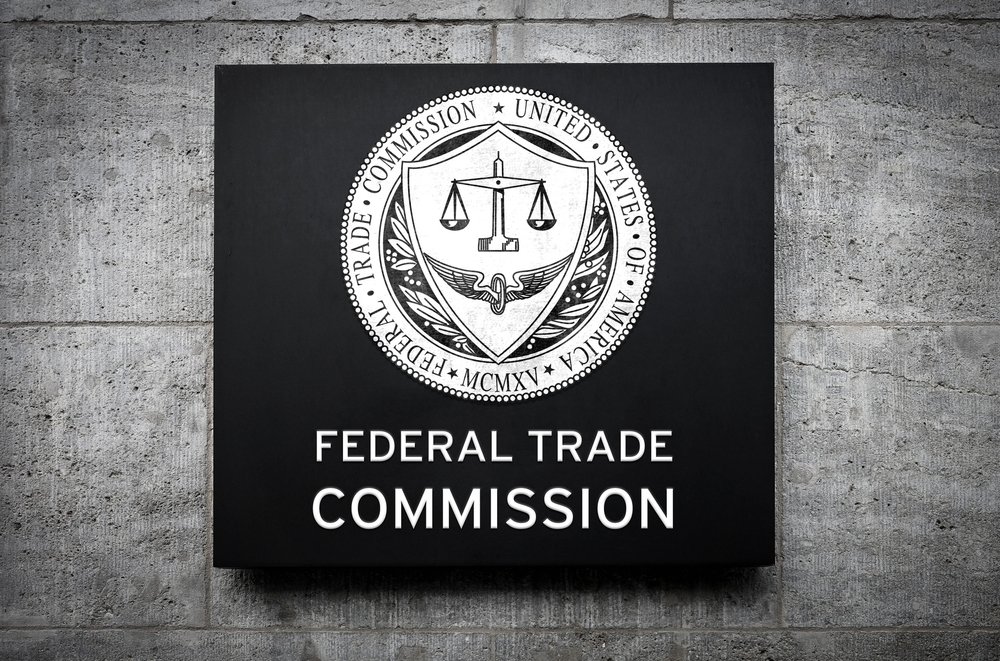
Florida’s New Foreign Donor Law: A Warning Shot for the Nonprofit Sector
Effective July 1, 2025, Florida is rolling out a sweeping new law that could have a serious impact on charities and their fundraising operations. Senate

Effective July 1, 2025, Florida is rolling out a sweeping new law that could have a serious impact on charities and their fundraising operations. Senate

In recent years, charitable organizations have faced growing pressure to incorporate values of equity and representation into their donor agreements, particularly for scholarships and fellowships.

What Is “Deception By Omission” in Nonprofit Fundraising? The Federal Trade Commission (FTC) regulates deceptive practices in charitable solicitations, including when nonprofits or professional fundraisers fail

If your nonprofit is planning to hire a professional fundraiser or fundraising consultant, it’s important to understand state professional fundraiser registration requirements. Many states regulate professional fundraisers to

As we enter a new year, it’s the perfect time for nonprofits to assess their legal and operational health by conducting a legal audit. A

We always recommend that donors work with their tax advisors to determine the value of their donation and how it fits into their overall tax planning. This ensures that donors receive accurate guidance tailored to their specific circumstances.

The Washington Attorney General’s charity enforcement efforts are critical in ensuring that charitable organizations within Washington state operate with transparency, accountability, and alignment with their

Like many jurisdictions, Washington regulates charitable donation solicitations. In Washington, charitable solicitation rules are codified in the Charitable Solicitations Act, Chapter 19.09 of the Revised

Failure to register can lead to enforcement action by the Attorney General’s Office in each state where solicitation occurs.

A sizable amount of the funding received by nonprofit organizations consists of restricted gifts meant for specific programs or projects. Many nonprofits use unrestricted operating revenue to cover the cost of managing their restricted funds, leaving the organization with insufficient unrestricted cash. These management costs, however, can often be met by the restricted fund itself.
Most states require you to register your organization if you solicit donations from their residents. Many states also require registration if your organization collects substantial or ongoing donations from their residents, even if you aren’t specifically targeting donors in that state. Download our comprehensive list of each state’s requirements.
Download our free guide to learn about the many elements needed to run a successful nonprofit organization, as well as how to avoid common pitfalls and mistakes.